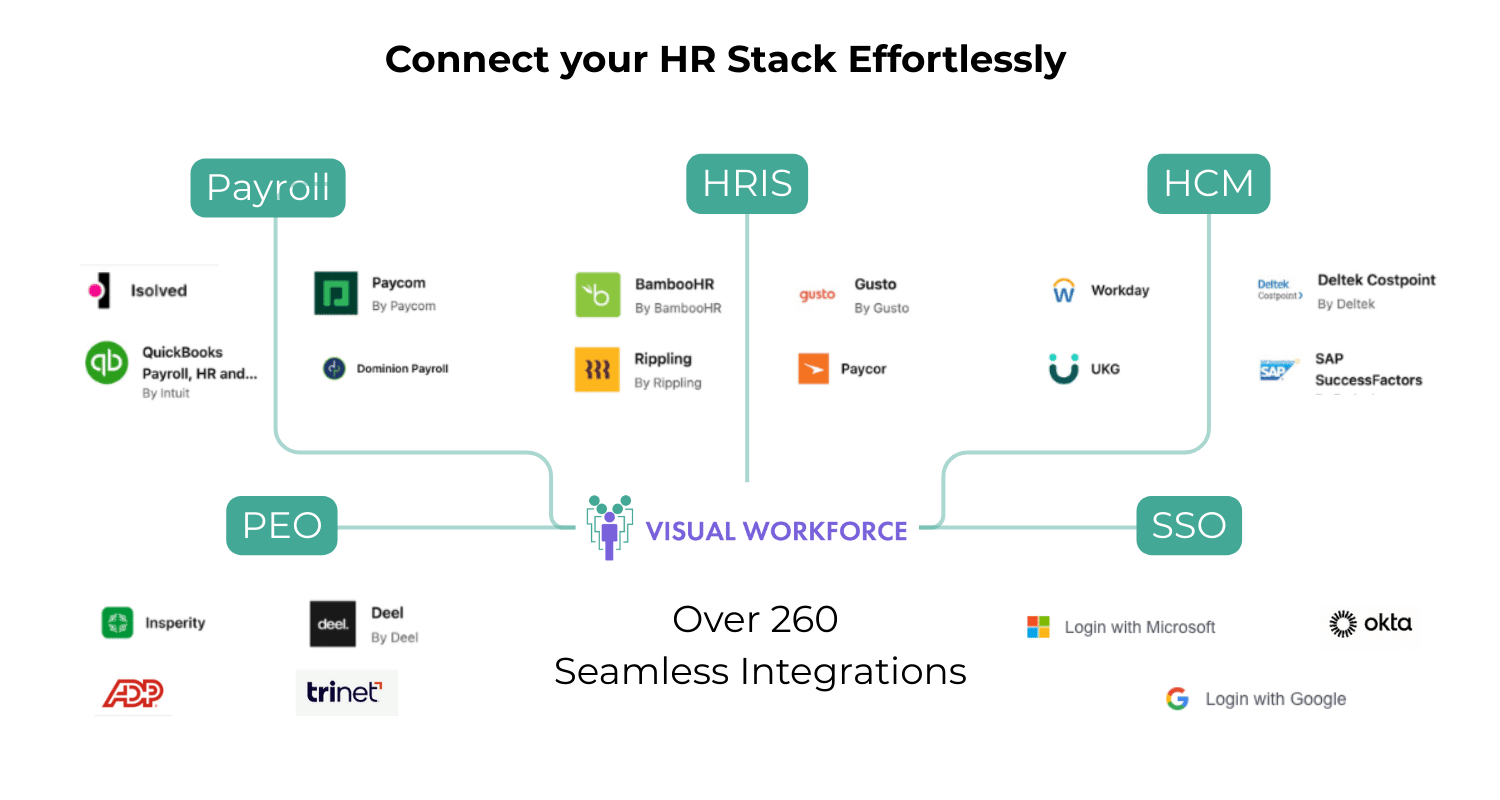IT Career Skills Series: Network Engineer
Skill sets are constantly changing. You may be looking to upskill your current team, hire new talent to fill those skill gaps or provide internal mobility for your skills based organization. Or maybe you’re looking to elevate your own skills and career. Whatever your goals, welcome to the IT Career Skills Series. In this 10 part series, we breakdown the top skills for each role your need on your IT dream team.
Get a FREE downloadable Career Skills List and IT skills matrix to test your teams’ (or your own!) proficiency against these must-have skills.
What Does A Network Engineer Do?
The network infrastructure refers to all the communication paths and services between users, processes, applications, services, external networks and the internet. An organization’s network impacts every aspect of the business. It is the role of the network engineer to ensure the network is up, running and optimized for peak performance at all times.
Job Outlook
Network engineer job market is projected to decline 3% from 2023 to 2033 with 16,400 openings each year.
Pay
The median annual wage for network and computer systems administrators was $95,360 in May 2023.
September 2024 Update:
Network Engineer: Median Salary $120,064 with 16,289 unique job postings by 3,365 companies in 2024.
Principal Network Engineers: Median Salary $148,224
Lead Network Engineers: Median Salary $137,984
Cloud Network Engineers: Median Salary $140,032
IT Network Engineers: Median Salary $114,944
Global Network Engineers: Median Salary $153,088
Computer Network Engineers: Median Salary $166,400
8 Essential Skills of a Network Engineer
Network Knowledge
Collaborating on designs, overseeing implementations and managing execution are the core responsibilities of the network engineer, and therefore, require a comprehensive knowledge of network protocols, hardware, topologies and best practices. Maximizing network performance, troubleshooting network problems and outages, scheduling updates and collaborating on network optimizations require the network engineer have intimate knowledge not only of the current networking technologies, but next-generation networking technologies as well in order to optimize the current network and accurately evaluate potential changes.
Education
In this day and age, amassing certifications is not enough. The continuing evolution of centralized management tools and the addition of artificial intelligence make the network engineer more effective and efficient not only in the design, implementation and execution of networks to support ever-increasing device density and data throughput, but vastly reduce troubleshooting to the point of being proactive. The network engineer must quickly learn and embrace these advancements with enthusiasm or be left behind.
Analytical and Critical Skills
Having the ability to analyze information, pinpoint problems and provide solutions is a critical skill for any network engineer. Strong analytical thinkers will think outside the box and suggest forward-thinking solutions and improvements that strengthens the overall network performance.
Network issues and outages cripple any organization’s ability to do business. The pressure to get back to normal operation can be extreme. Network engineers must remain calm and rely on critical thinking skills to provide clear thinking during these times.
Communication
Network engineers work with many groups, internal teams maintain networks, management for status and planning meetings, customers or outside groups handling network issues. Network engineers must also create accurate network diagrams, policies and procedures, therefore clear articulation of ideas in both written and verbal form is required.
Flexibility
Networks are a critical part of everyday business operations, therefore network updates must occur at times that minimize disruption to everyday operations. Flexibility of work hours is a must. Also, the network engineer often faces unexpected setbacks and disruptions whether from technical problems or design changes, the network engineer must be able to handle shifting daily priorities.
Organization and Time Management Skills
The daily life of a network engineer means simultaneously managing daily tasks, network projects and unexpected network issues, therefore it is vital a network engineer be well versed in changing direction and reprioritizing to succeed.
Being skilled in time management means understanding the work entailed with each task or project, planning adequate time to complete that work and monitoring that work to stay on plan.
Creativity
To keep up with the demand for greater throughput, the network engineer must constantly look to the future for potential solutions. This thinking requires imagination and creative problem solving to conceive solutions that may not yet exist.
People Skills
Network engineers must have an arsenal of strong people skills. They must:
Keep a team focused and motivated in the face of ever-changing priorities.
Have a sense of humor. Constant changing priorities and high-stress outages can lead to an unhappy and unproductive work environment. Retaining some lightheartedness in your job can keep everyone calm, motivated and focused.
The networks might be vital to the organization, but the data that travels across those networks is the golden asset. Being supportive and cooperative with the teams that use and manage that data emits a sense of goodwill that strengthens bonds between teams all across the organization.
Be Assertive. When network issues arise the network engineer needs to take control of the situation and do what needs to be done in an efficient manner without being aggressive or demanding. Being assertive, direct, and steady conveys confidence without being aggressive.
Top 5 Essential Language Skills for Network Engineers
java
python
shell
javascript
AWS cli
Top 5 Certifications for Network Engineers
CompTIA Network+
Cisco Certified Network Associate (CCNA)
Cisco Certified Network Professional (CCNP)
VMware Certified Professional
AWS Certified Advanced Networking
Some of the highest-paying technology infrastructure jobs in 2024 include:
Computer network architect
Design and build network solutions, with an average base salary of $128,136
Information security analyst
Understand and minimize security risks, with an average base salary of $112,875
Cloud systems engineer
Design, maintain, and create cloud-based solutions and infrastructure, with an average base salary of $105,921
Cybersecurity engineer
Build and maintain cybersecurity infrastructure, working closely with developers to ensure security measures are included in software, systems, networks, and applications. Average salary for a cybersecurity engineer in the United States is $122,890 per year, or about $59 per hour. Top earners make around $162,500 per year, while the 75th percentile make around $142,000, and the 25th percentile make around $102,000
Other high-paying tech jobs include:
Applications architect
Big data engineer
DevOps engineer
Systems security manager
Data security analyst
Database developer
Some of the most in-demand tech skills in 2024 include:
Artificial intelligence (AI)
Python, Java, or JavaScript
Subscribe
Sign up to receive updates and announcements from Visual Workforce.









